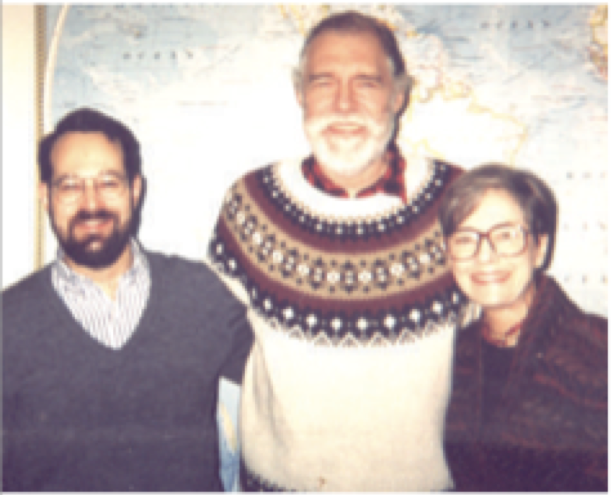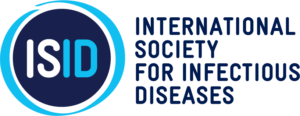Each year, ProMED-mail presents an award in honor of the anniversary of its founding in August 1994. We are pleased to announce the winners of this annual award.
2019 ProMED Award for Excellence in Outbreak Reporting on the Internet

This year’s award goes to Steve Morse and Barbara Hatch Rosenberg, who, along with the late Jack Woodall, founded ProMED in 1994. Their foresight and imagination began the use of informal (or event-based) surveillance to serve as an early warning for emerging disease outbreaks. (Jack Woodall was the 1994 awardee on ProMED’s 10th anniversary). Their collective vision, which guides us to this day, understood the need for rapid global awareness of outbreaks, for transparency in data flow, the fundamental importance of the One Health model, and the need for international cooperation.

Barbara Hatch Rosenberg is retired from the State University of New York at Purchase, were she was Professor of Microbiology. Her interests include the use of biological weapons, in particular anthrax. Early on, she recognized that surveillance for biological weapon use was not separable from the surveillance of naturally occurring outbreaks. A founder of the Scientists Working Group on Biological and Chemical Weapons, established in 1989, Barbara was a member of a panel of scientists that advised President Clinton, the Secretary of Defense and the Secretary of Health on biological weapons issues in 1998, and was an Advisor to the US Congress Office of Technology Assessment study of Weapons of Mass Destruction in 1993-4 and a member of the National Academy of Sciences Working Group on Biological Weapons. Trained as a molecular biologist, Dr. Rosenberg was for many years a cancer researcher at Memorial-Sloan-Kettering Cancer Center in New York and was Associate Professor of Biochemistry at Cornell Medical College. On leaving those positions she became a Research Professor at the State University of New York at Purchase, where she devoted most of her activity to biological weapons issues. Most recently, she has prominently questioned official accounts of the 2001 US mail anthrax attacks. Among numerous honors, she was elected to fellow of the American Cancer Society, a fellow of the Institut National de la Santé et de la Recherche Médicale, a Member American Society Biochemistry and Molecular Biology and Sigma Xi.
Stephen S. Morse is Professor of Epidemiology at the Columbia University Medical Center and Director of the Infectious Disease Epidemiology Certificate Program. He has a long and distinguished career, focused on epidemiology of infectious diseases, especially emerging infections, and improving disease early warning systems. In 2000, he returned to Columbia after 4 years as program manager for Biodefense at the Defense Advanced Research Projects Agency (DARPA), Department of Defense, where he co-directed the Pathogen Countermeasures program and subsequently directed the Advanced Diagnostics program. He had been Assistant Professor of Virology at Rockefeller University. He has been credited with originating the term “emerging infectious disease” while chairing the 1989 NIAID/NIH (US National Institutes of Health) Conference on Emerging Viruses. He also served as a member of the Steering Committee of the seminal Institute of Medicine's Committee on Microbial Threats to Health, which issued the 1992 repor on Emerging Infectious Diseases. He holds the rank of Fellow in the American Academy of Microbiology the American College of Epidemiology, New York Academy of Sciences (and Past Chair, Microbiology Section), the AAAS, and the New York Academy of Medicine. He was the Global Co-Director, USAID PREDICT Project (of which ProMED was a participant) from 2009 to 2014. His book, Emerging Viruses (Oxford University Press) was selected by "American Scientist" for its list of "100 Top Science Books of the 20th Century”.
